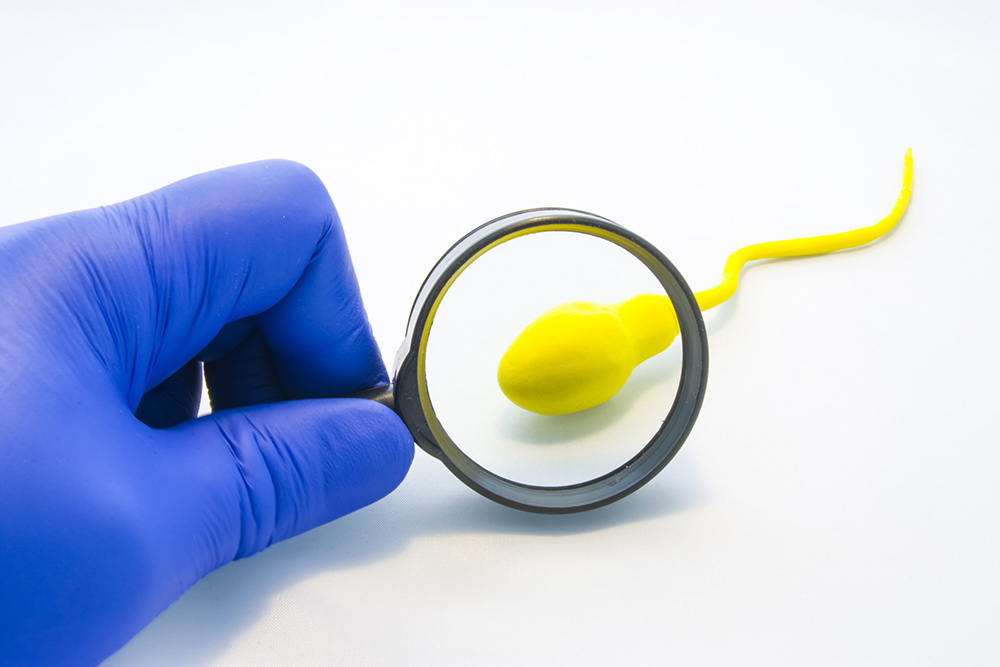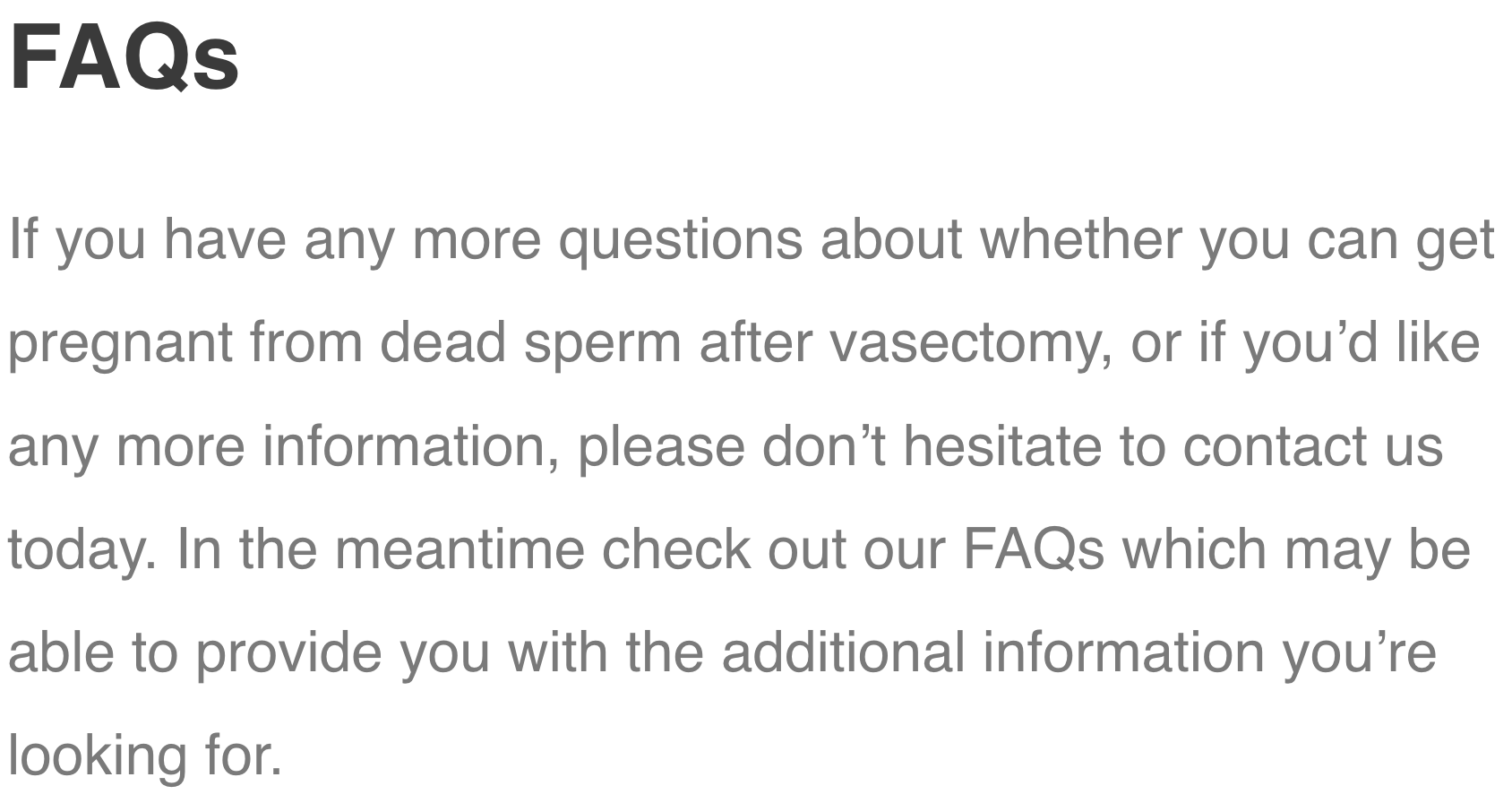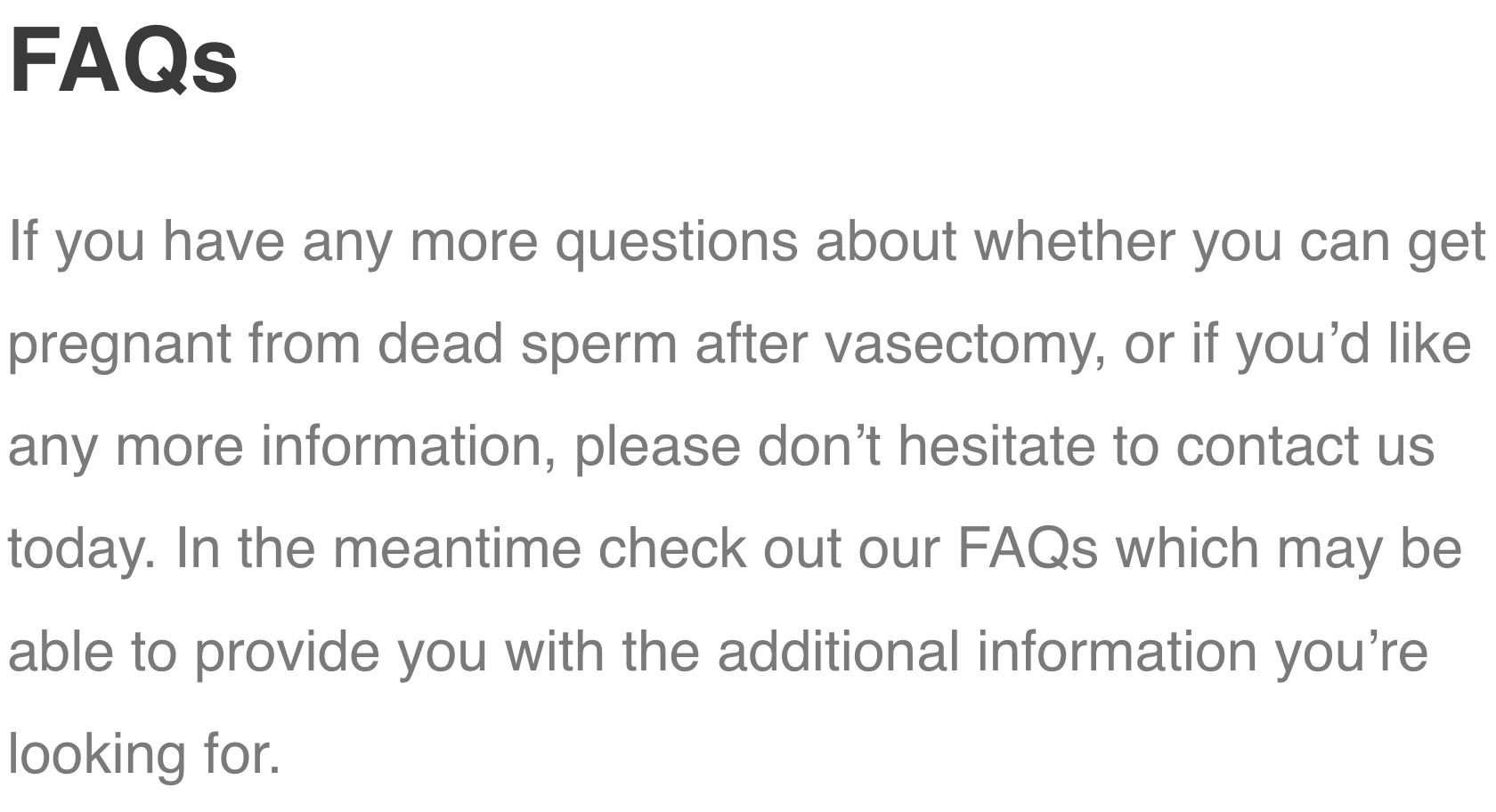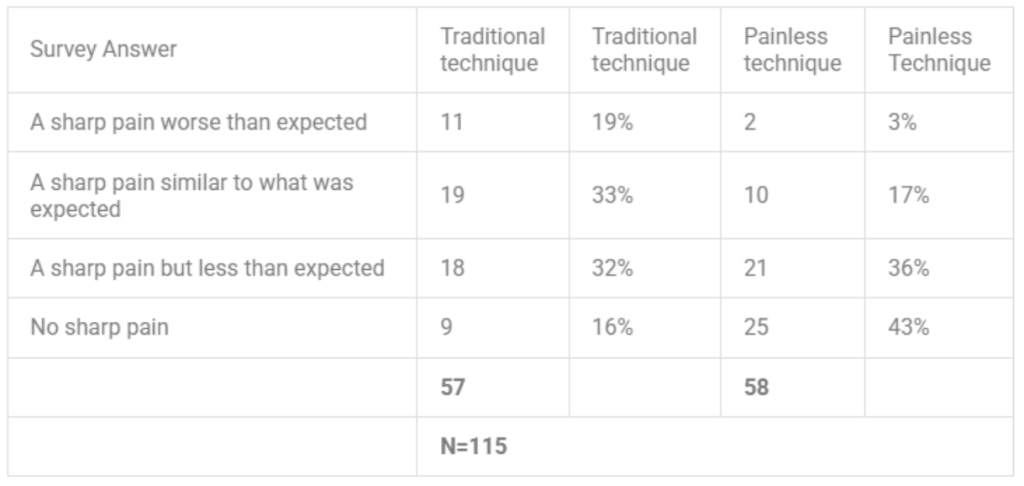Table of Contents
ToggleVasectomy is often misunderstood, yet it represents a significant advancement in male birth control. At MSI Vasectomy, we believe in empowering individuals with accurate, transparent information.
This blog aims to debunk myths and provide clear facts about vasectomy, a surgical method of male birth control that involves altering the vas deferens, the tubes that carry sperm from the testicles. Understanding this procedure is crucial for anyone considering vasectomy as a means of preventing unplanned pregnancies.
Facts About Vasectomy 1: Highly Effective Form of Contraception
Vasectomy stands out as an extremely effective form of male birth control, with the success rate in preventing pregnancy around 99.9%, making it more reliable than many other birth control methods.
The procedure involves blocking the vas deferens, which prevents sperm from being present in the ejaculate semen, thereby effectively preventing pregnancy. This method is a permanent form of contraception, designed for those certain about avoiding unplanned pregnancies.
Facts About Vasectomy 2: No Impact on Testosterone Levels
A common misconception about vasectomy is its impact on testosterone levels and sex drive. At MSI Vasectomy, we assure our patients that the vasectomy procedure does not affect testosterone production or male sex hormones.
The vas deferens is altered, but this has no bearing on hormonal levels or sexual performance. Men undergoing a vasectomy can expect their sex drive and sexual activity to remain unchanged post-procedure.

Facts About Vasectomy 3: No Immediate Effect on Fertility
Post-vasectomy, it’s crucial to understand that there’s no immediate effect on fertility. At MSI, we advise that a vasectomy becomes fully effective approximately 3 months post-procedure.
Until then, alternative contraception is necessary to prevent unplanned pregnancy, as the remaining sperm can still be present in the semen. Patients need to undergo a sperm count test to confirm the absence of sperm and ensure the effectiveness of the procedure in preventing pregnancy.
Facts About Vasectomy 4: Minimally Invasive with Quick Recovery
The MSI No-Scalpel Open-Ended vasectomy is a minimally invasive surgical procedure. Performed under IV sedation or local anaesthetic, it involves a small puncture to access the vas deferens without the need for scalpel incisions.
Recovery is usually quick, about a week, with minimal discomfort. This technique reduces the risk of complications and expedites the healing process, allowing for a swift return to normal activities and sexual health maintenance.
Facts About Vasectomy 5: Does Not Protect Against STIs
It’s imperative to understand that a vasectomy does not protect against sexually transmitted infections (STIs). While it’s an effective method for preventing pregnancy, it doesn’t prevent the transmission of STIs. At MSI Vasectomy, we stress the importance of continuing to practise safe sexual intercourse and using condoms or other protective methods to safeguard against STIs.

Facts About Vasectomy 6: Potential for Reversal, But Not Guaranteed
Vasectomy reversal is a topic of interest for many considering the procedure. At MSI Vasectomy, we clarify that while reversal surgery is possible, it comes with varying reversal success rates and is not guaranteed.
Vasectomy should be considered a permanent form of birth control, and those contemplating a vasectomy should view it as a long-term decision. For those unsure, options like sperm bank storage to retrieve sperm later can be discussed.
Facts About Vasectomy 7: Low Risk of Complications
The risk of serious complications when using the MSI No Scalpel Vasectomy is low. We find that most men experience minor side effects, if any, which are generally manageable.
Post-procedure, you might experience temporary discomfort or swelling, but these symptoms usually resolve within about a week. Our focus is on ensuring a smooth, safe surgical procedure that prioritises our patients’ sexual health and well-being.






Is there any risk of vasectomy causing testicular cancer?
Concerns about vasectomy leading to testicular or prostate cancer have been a topic of research. Studies have shown no significant increase in the risk of either following a vasectomy. The no-scalpel technique focuses solely on altering the vas deferens to prevent pregnancy without affecting other aspects of health.
How soon will a vasectomy work?
The effectiveness of a vasectomy in preventing pregnancy typically begins about 3 months post-procedure. This period allows any remaining sperm in the vas deferens to be cleared. Until this time, alternative contraception methods should be used to prevent pregnancy.
How will I know if my vasectomy has worked?
Do I need a referral for a vasectomy in Australia?
No, in Australia, a referral is not typically required to undergo a vasectomy. However, consulting with your GP beforehand can sometimes provide information and guidance.



















